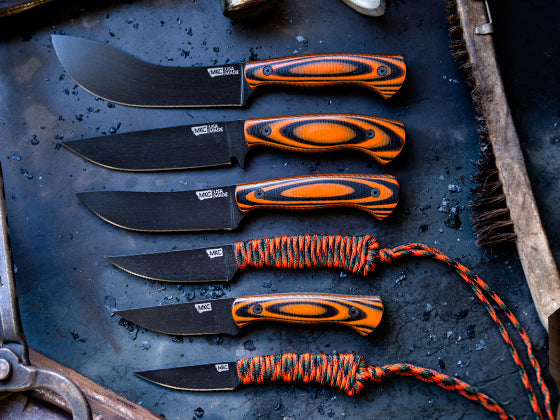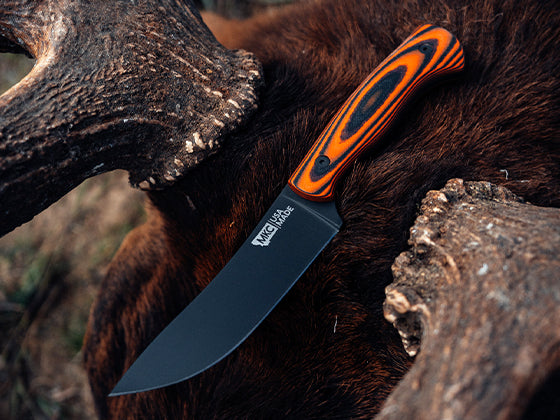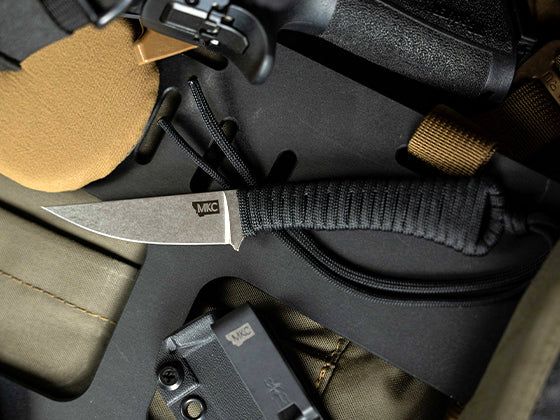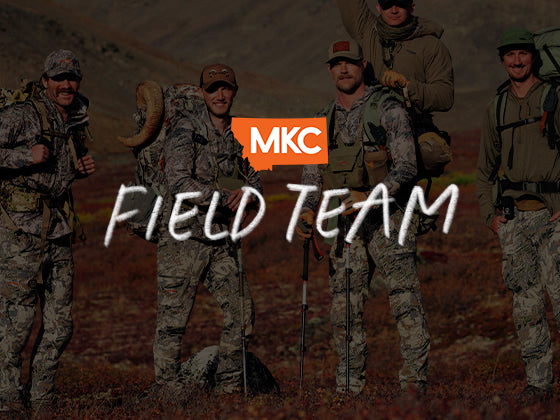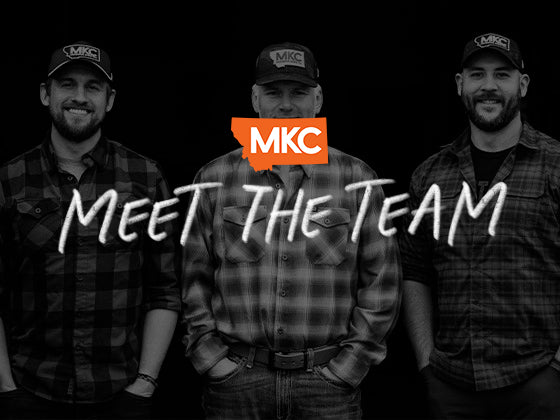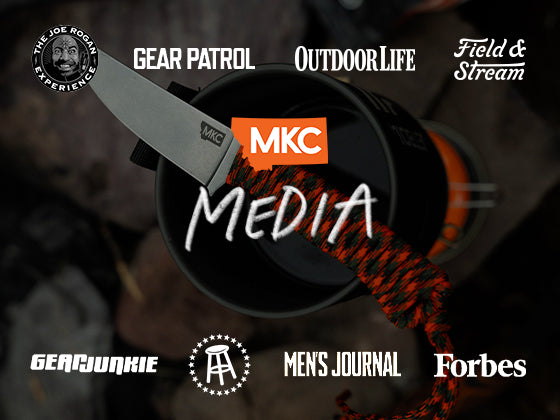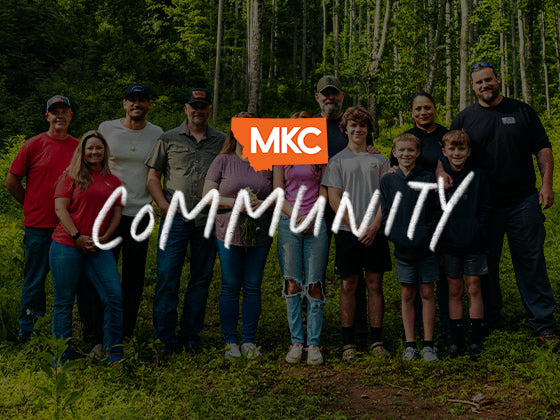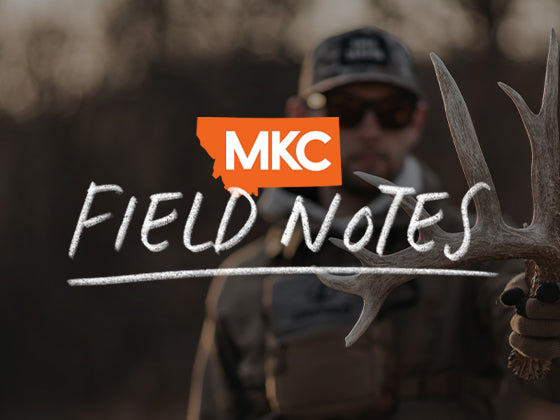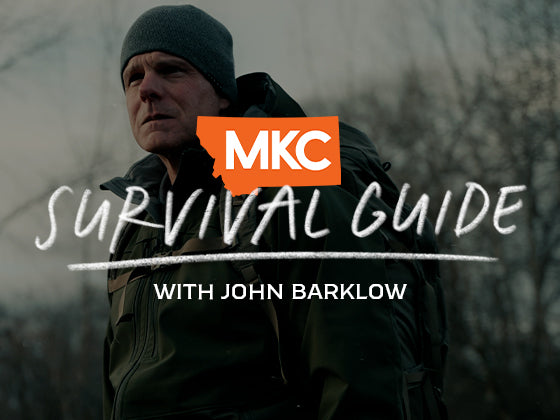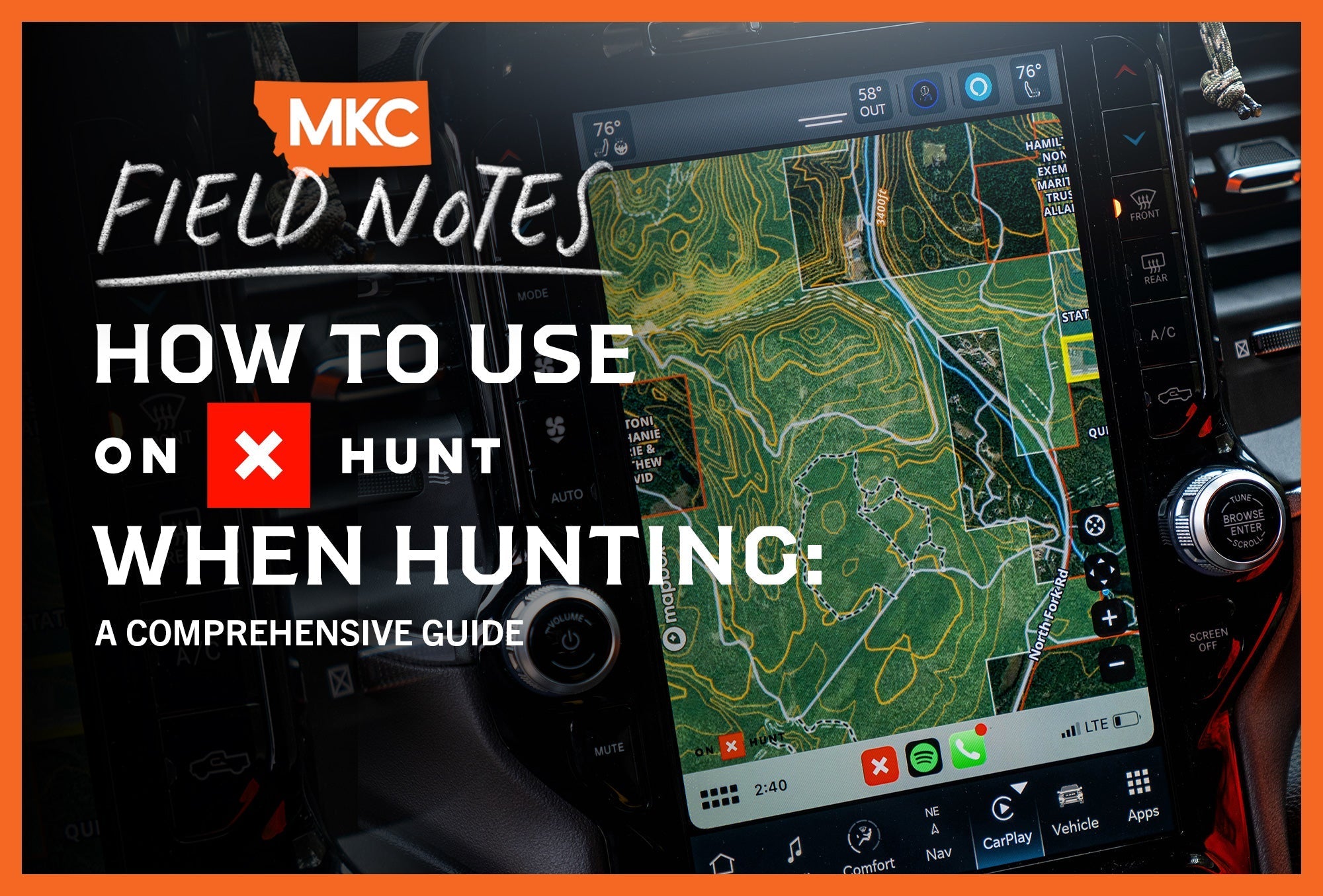For me, the allure of out-of-state hunting trips began with the thrill of mixed bags — watching my dog go on point and not knowing what species would flush.
Every hunter should experience the excitement of returning to the truck and emptying their game bag to find two or three different bird species. I’ve even shot four different species in a single hunt. You rarely find that variety in just one location.
But planning your first out-of-state hunting trip can be intimidating, especially when it comes to hunting trips for beginners. From researching locations to packing the right gear, there are plenty of details to consider before you hit the road.
Let me share what I’ve learned after years of hunting out of state.
Why Bird Hunting Out of State Should Be on Your Bucket List
If you live in an area with limited game varieties, hunting out of state opens new doors.
You might live somewhere with great quail hunting, but imagine adding pheasant, chukar, or other species to your season. Hunting trips for beginners often focus on familiar territory, but expanding your range creates lifelong memories.
Out-of-state hunting also challenges your skills and your dogs’ abilities, if you choose to hunt with them. For instance, watching your hunting partner adapt from pursuing ptarmigan at 12,000 feet to chasing desert quail along the Arizona border is deeply satisfying. These experiences make you both better hunters.
Most importantly, these trips disconnect you from everyday life. I can’t begin to describe the solitude of camping under the stars, hearing coyotes howl outside your tent, or waking up to the sound of a creek after driving 20 hours to reach your destination.
These moments restore your soul in ways hunting close to home can’t match.
Researching Your Out-of-State Hunting Destination
Thorough research is essential when planning your first out-of-state hunting trip. For beginners, hunting out of state requires extra preparation.
Here’s how to find promising locations:
Contact the Local Bird Biologist
Every state’s fish and game department employs biologists who track bird populations, hatches, and conditions. As a license holder, your fees help pay their salary, so don’t hesitate to call and ask for recommendations.
They won’t give you exact GPS coordinates, but they’ll share valuable information like “We had more precipitation north of the interstate, so focus your efforts there,” etc.
Use Mapping Apps Wisely
Tools like onX have revolutionized public land hunting.
Before these apps, we navigated with paper maps and rulers, turning them around to match our driving direction. Now you can identify public parcels, property boundaries, and terrain features with just a few taps.
Be Cautious With Social Media Research
While it’s good to gather ideas from hunting posts online, respect local hunters. Many places that get “discovered” on social media become overcrowded, worsening the experience for everyone.
Note general regions that look promising, but don’t try to pinpoint exact hunting spots from someone’s Instagram post.
Camping Options for Hunting Out of State
For the full out-of-state hunting experience, camp rather than stay in motels. Even for beginners, hunting trips become more memorable when you immerse yourself in the outdoors.
You have several options depending on your comfort preferences:
BLM (Bureau of Land Management) land is my go-to for true backcountry camping. It’s free, requires no permission, and puts you right where the hunting happens. Don’t be deterred by barbed wire fences — they’re often there for cattle management, not to keep you out. Always verify boundaries with onX.
Fairgrounds in small towns often have electrical and water hookups with an honor system payment box. They’re perfect for late arrivals when you’ve driven all day and need a place to set up camp.
KOA campgrounds provide reliable amenities if you prefer more comfortable accommodations with bathrooms, showers, and electricity.

Essential Gear for Hunting Out of State
Extended hunting trips demand careful gear planning — especially hunting trips for beginners. Hunting out of state means preparing for unfamiliar terrain and weather conditions.
Here are my non-negotiables:
Multiple pairs of boots and quality socks
Nothing ends a hunt faster than wet feet. Bring at least two pairs of boots and several pairs of moisture-wicking socks like Darn Tough. If you can only afford one pair of boots, invest in good gaiters to keep water and debris out.
Proper layering system
Understanding how to regulate your body temperature is crucial, especially when hiking up and down challenging terrain. Focus on moisture management with a good base layer, mid layer, outer layer, and shell.
Comfortable sleeping setup
Get off the ground with a good cot, and don’t skimp on your sleeping bag. I run a Teton 10x14 XL tent with a Teton double XL cot, and I use a -20-degree bag even if temperatures might not warrant it. It’s better to have it and not need it than freeze through the night.
I even add a rug in the middle of my tent floor for extra comfort and warmth on cold mornings.
Cooking equipment
I use a mobile Blackstone camping stove that’s perfect for preparing meals after a long day of hunting.
Paired with a fuel keg system — an attachment that connects to a large propane tank and allows you to refill smaller propane bottles instead of constantly buying disposables — it’s both economical and environmentally friendly.
Heat source
A Mr. Buddy XL heater with proper ventilation keeps the tent comfortable even in freezing conditions. Don’t forget fire starters for emergency situations or for enjoying an evening campfire.
Power solutions
A Goal Zero or similar power station with a solar panel keeps phones, GPS devices, and dog e-collars charged when you’re far from electrical outlets for days at a time.
Dog care essentials
If you prefer to bring your canine along, don’t forget Musher’s Secret wax for your dog’s paws to protect them from cold, heat, and rough terrain.
Dog boots, a proper first-aid kit, and extra water are also must-haves for your hunting partner.
Personal protection
I always carry a sidearm when camping in remote areas. This isn’t just for wildlife encounters but for overall peace of mind when you’re far from civilization.
Safety Considerations for Hunting Out of State
When hunting out of state, you’re often in remote areas with limited cell service. For beginners, hunting trips away from home require extra safety planning.
Take these precautions:
Carry a Garmin inReach or similar satellite communicator. This device allows you to text family and friends from anywhere and has an emergency button for worst-case scenarios. Emergency evacuation can cost upward of $10,000 — expensive, but still better than the alternative.
Pack vehicle recovery gear. Tire chains, a winch, or recovery straps can be lifesavers on unmaintained roads, especially in changing weather conditions.
Always hunt with a partner when possible. Solo hunting in unfamiliar territory compounds your risk of injury.
Consider vehicle limitations. For particularly challenging terrain, I often park my truck at the bottom of hills and use my Polaris to navigate more technical trails. This approach has saved me from dangerous situations more than once.
I’ve had some close calls — like nearly rolling my Polaris off a chukar hill and spending four hours helping friends get their trucks down a treacherous mountain. These experiences taught me to respect the backcountry and always prepare for the unexpected.
The goal is to return home with stories to tell. No bird is worth risking your life for.

Final Thoughts on Out-of-State Hunting Trips for Beginners
Planning your first out-of-state hunting trip might seem overwhelming, especially for beginners, but the rewards far outweigh the challenges. Traveling to new terrain, putting together the pieces of the hunting puzzle, and finding success far from familiar ground is incredibly rewarding.
Take the leap, do your homework, pack wisely, and embrace the adventure. Your first out-of-state hunting experience might just become the first of many.
by Anthony Ferro, Experienced Hunter and Founder of Fetching Feathers























